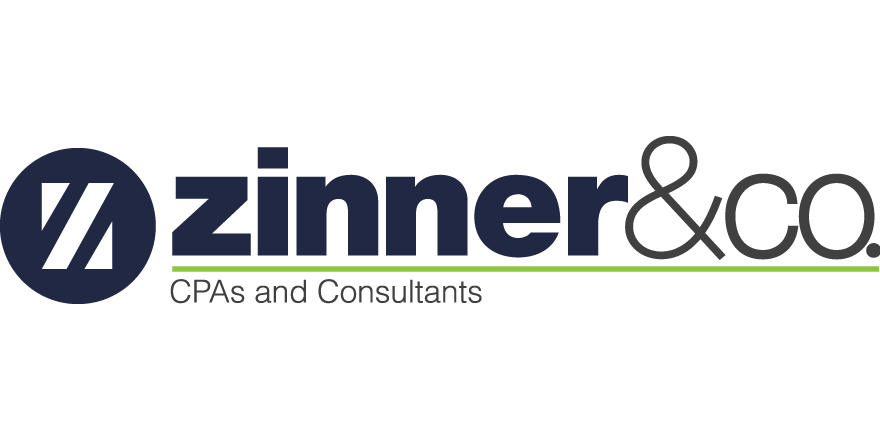Shuttered Venue Operators Grants and Restaurant Revitalization Fund Grants can pose accounting challenges.
On Aug. 10, the AICPA released a Technical Question and Answer (TQA) surrounding how a recipient should account for these grants. TQA 5270.01, Recipient Accounting for Shuttered Venue Operators Grants (SVOG) and Restaurant Revitalization Fund (RRF) Grants Received Under the Small Business Administration (SBA) COVID-19 Relief Program provides nonauthoritative guidance about how to account for SVOG and RRF grants. It applies to not-for-profit organizations who were only eligible for SVOG and private businesses entities who were eligible for both grants.
The TQA describes acceptable accounting models and provides guidance for business entities on how to select the appropriate model.
According to the TQA, the payments received under these grants would be considered conditional contributions and therefore, contribution revenue would only be recognized to the extent that eligible expenses have been incurred at that date.
Business entities can consider the following models:
- IAS 20, Accounting for Government Grants and Disclosure of Government Assistance
- FASB ASC 958-605, Not-for-Profit Entities – Revenue Recognition
- FASB ASC 450-30, Contingencies – Gain Contingencies
Not-for-profit entities should follow FASB ASC 958-605 described above.
New applications for SVOG funding closed on Aug. 20. Through mid-August, almost 11,000 grants were awarded, with 7,000 reaching organizations with 10 or fewer employees. This means the funds reached smaller organizations as intended.
The SBA has excess money in the program and is therefore looking at supplemental SVOGs at 50 percent of the original award amount, capped at a total of $10 million for the combined initial and supplemental funding. Further details are not available yet.
For the approximately 3,000 applications that were denied, there is now an appeals process. Applicants who were declined will receive an email notification from the SBA informing them they are eligible to submit an appeal through the portal.
A Single Audit is required when an entity, typically a state government, local government or not-for-profit organization, expends $750,000 or more of federal funding in their fiscal year.
We are finding that with pandemic funding, sometimes for-profit entities are also being required to have Single Audits performed, which are a highly specialized audit.
Please contact the Zinner & Co. Accounting and Assurance team if your entity needs a Single audit or if you have any questions regarding SVOG and/or RRF.





